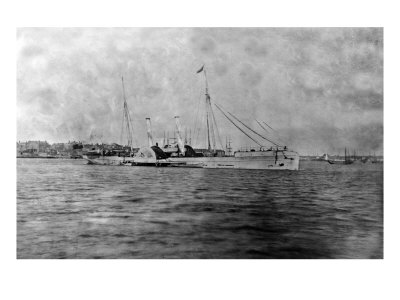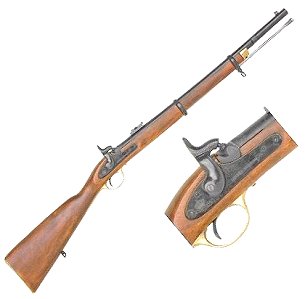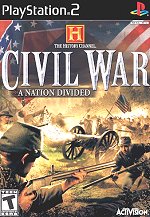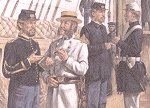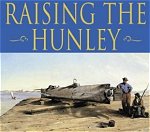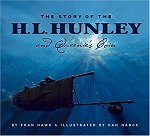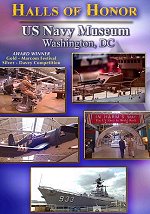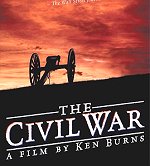USS Cherokee (1864-1865)
USS Cherokee , an 606-ton (burden) screw steam gunboat, was built in 1859 at Renfrew, Scotland, for commercial employment. Under the name Thistle she successfully ran through the Federal blockade into Charleston, South Carolina, in late January 1863. She ran aground while attempting to leave port a month later. Salvaged, sold to another owner and renamed Cherokee , she again attempted to an outbound passage, but was captured by USS Canandaigua on 8 May. Prior to delivery to the Boston Prize Court in July, she was used in the search for the Confederate raider Tacony . She was subsequently purchased by the Navy, converted to a warship and entered commissioned service in April 1864.
Cherokee soon began blockade enforcement work off the coast of North Carolina. She captured the steamship Emma Henry on 8 December 1864. Later in that month, and in mid-January 1865, she participated in the two assaults that finally captured Fort Fisher, thus closing the port of Wilmington, N.C., to blockade-running. She remained in action in the Wilmington area into February 1865, then went south to patrol between Cuba and Florida. Cherokee was sent north after the conclusion of the Civil War and was decommissioned in June 1865. Sold at the beginning of August, in 1866 she returned to civilian trades. In 1868 the steamer was sold to the Chilean Government. She served Chile's Navy for a decade under the name Ancud and spent another decade as a merchant vessel. The former Cherokee was wrecked at Chiloe, Chile, on 25 August 1889.
Civil War vintage painting.
Courtesy of the Hyde Windlass Company, Bath, Maine, April 1936.
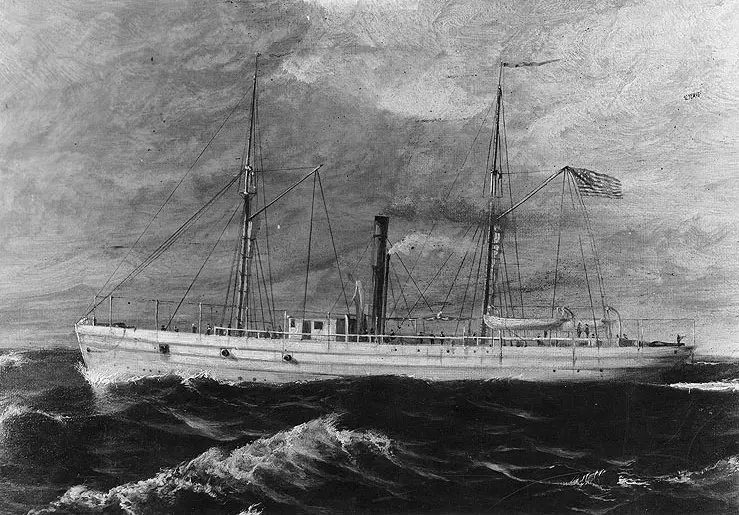
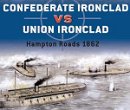
Confederate Ironclad vs Union Ironclad: Hampton Roads 1862
The Ironclad was a revolutionary weapon of war. Although iron was used for protection in the Far East during the 16th century, it was the 19th century and the American Civil War that heralded the first modern armored self-propelled warships.
Kindle Available
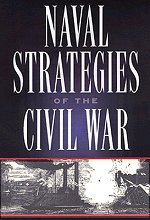
Naval Strategies of the Civil War: Confederate Innovations and Federal Opportunism
Compare and contrast the strategies of the Southern Secretary of the Navy, Mallory, against his rival in the North, Welles. Mallory used technological innovation and the skill of individuals to bolster the South's seapower against the Union Navy's superior numbers
